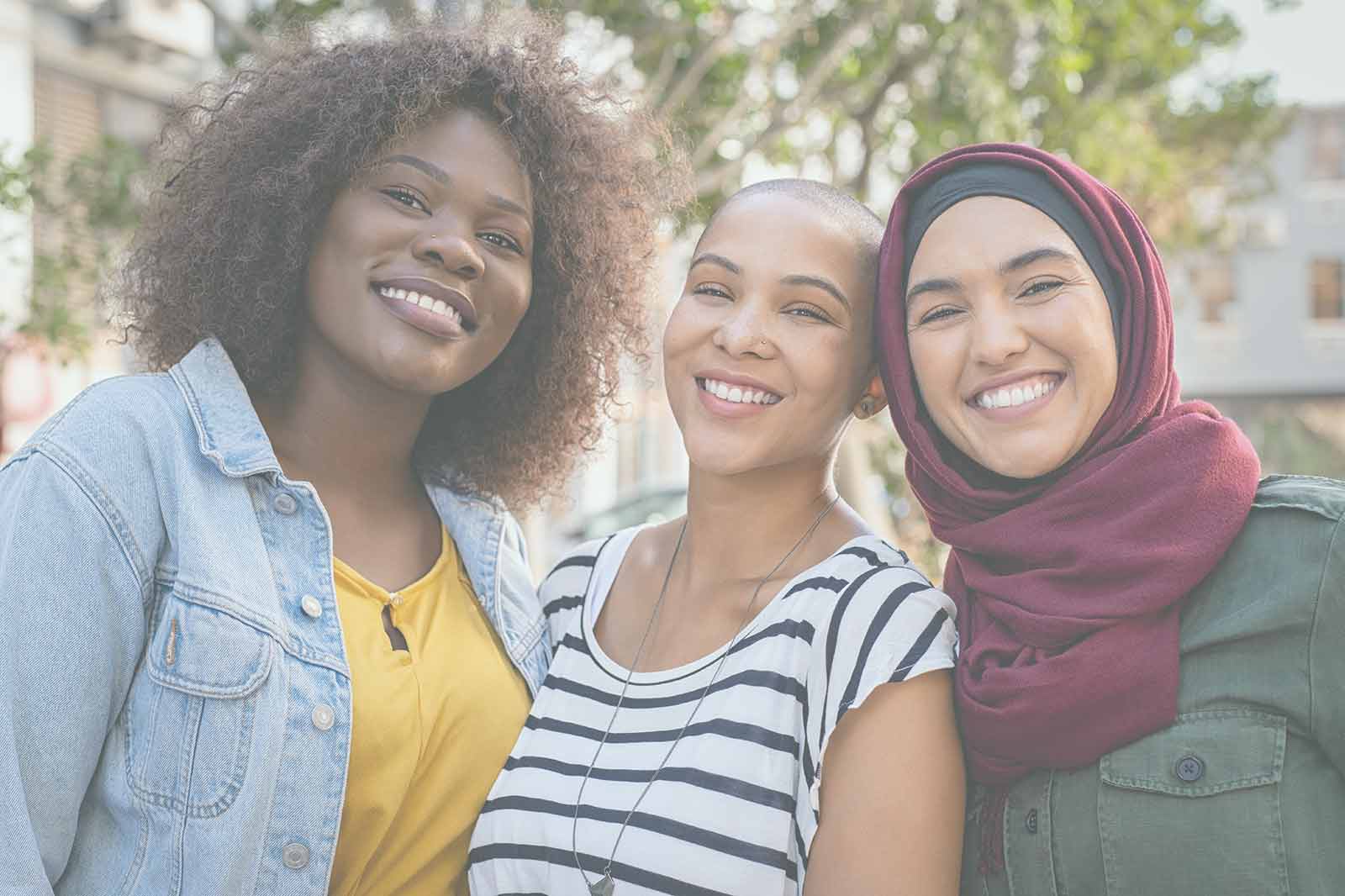Culturally Responsive Therapy
Most people look for a therapist they can feel comfortable with, who understands, and who will listen without judgement. For some, this means finding a therapist who is of their same gender, race, ethnicity, religion, and/or sexual orientation. For others, it may not matter whether or not their therapist is from the same background — they just want someone who will be sensitive to their particular experiences.
I understand that people from different cultural, racial, and ethnic groups have different values, beliefs, and practices, and I believe it is important to take these differences into account when conducting therapy.

Cultural Inclusivity
I enjoy working with people from all backgrounds. You won’t be discriminated against based on culture, race, ethnicity, gender, age, religion, sexual orientation, gender identity, physical ability, socioeconomic status, or any other characteristic.
Cultural Sensitivity
You have a unique background, with different values, practices, and beliefs. As we work together, I will do my best to be sensitive to those differences so that you can feel the most at ease to be yourself.
Multicultural Competence
I have almost 30 years of education, training, and experience in multicultural psychology. As we work together, I will do my best to apply this awareness, knowledge and skill to your particular challenges, needs, and goals.
Cultural Diversity
There are many sides to who you are. Diversity involves more than where you were born, your race, or your ethnicity. It also includes your gender, age, religion, sexual orientation, gender identity, physical ability, and socioeconomic status. All of these aspects of your identity are important and I will do my best to take them into account as we work together.
An interview with Dr. Barker:
Women of color and the 'superwoman' syndrome
"We just have to be able to do it all, we can't complain, we can't show our weaknesses and we must always push through." Listen to what Dr. Barker has to say about how our fear of being vulnerable prevents us from getting the help we need.
